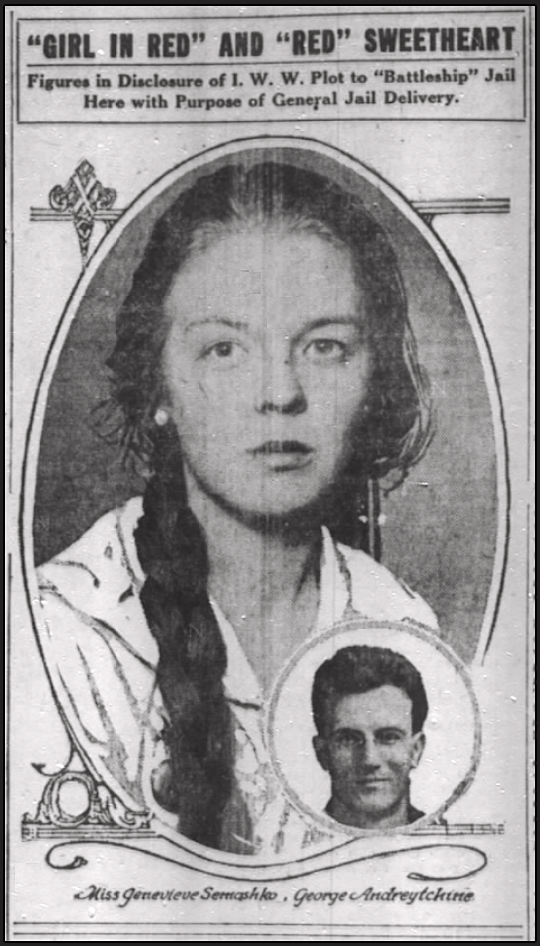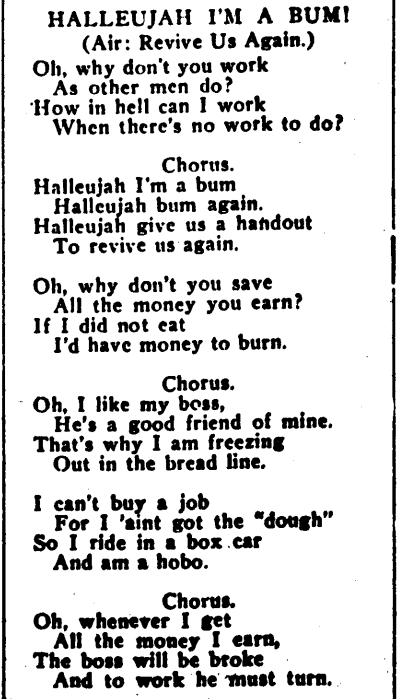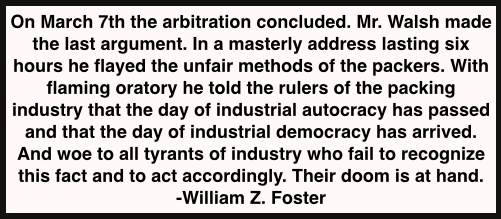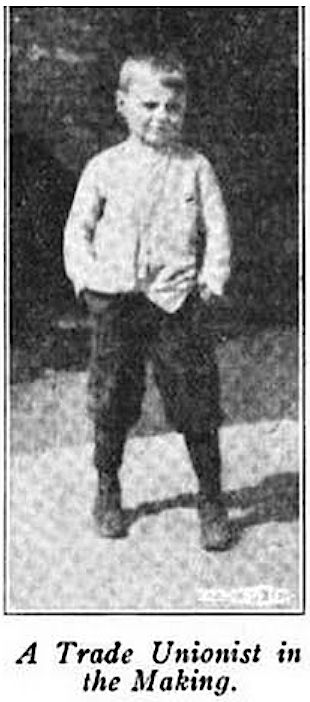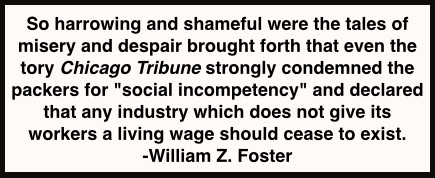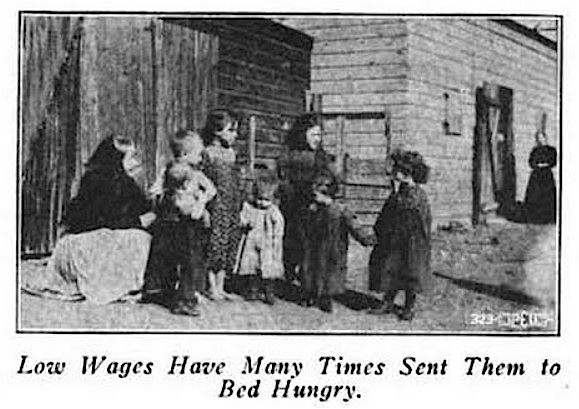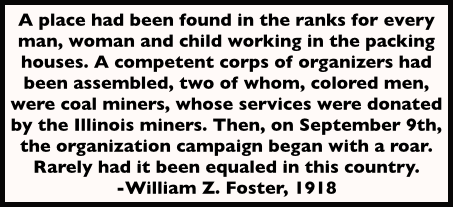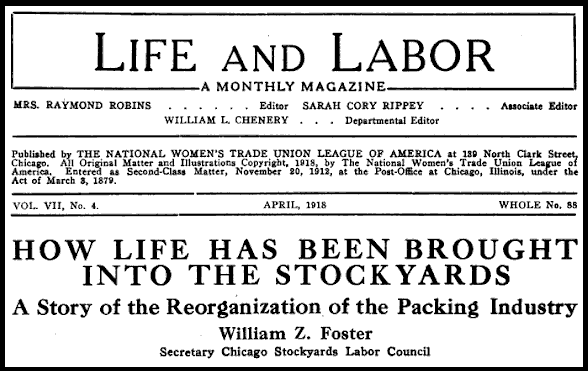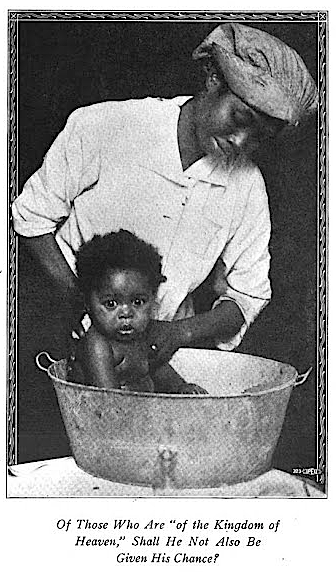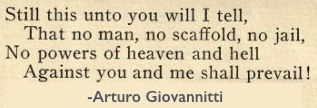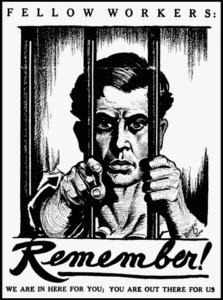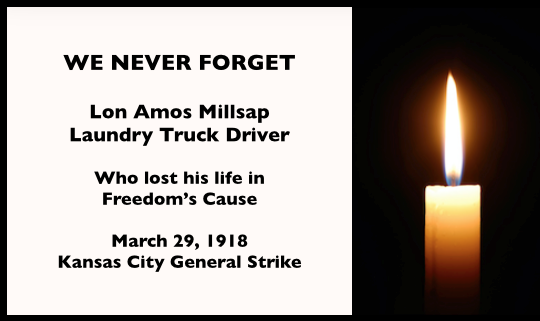Don’t worry, Fellow Worker,
all we’re going to need
from now on is guts.
-Frank Little
Hellraisers Journal, Tuesday April 9, 1918
Chicago, Illinois – “Red Sweetheart,” Now Bride, Observes Trial
Miss Genevieve Semashko, formerly known as the “Red Sweetheart,” is now married to FW George Andreytchine, according to The Chicago Tribune. She has recently been found in attendance at the great I. W. W. trial as the process of jury selection continues.
From The Chicago Daily Tribune of April 4, 1918:
TWO JURYMEN ARE ACCEPTED
FOR I.W.W. TRIAL
—–
Ten Veniremen Locked Up for
Examination Today.
—–
Two jurymen tentatively accepted yesterday afternoon to sit in the trial of 112 members of the I. W. W. were ordered locked up last night along with ten others selected for examination today. They were ordered by Judge Landis to avoid discussing the case and not to read anything bearing upon it.
The men chosen, who may still be challenged by either the government or the defense, are:
A. J. McKEE, druggist, Morrison, Ill.
WILLIAM MALLOW, plumber, 4343 Lincoln avenue.
Two Challenges Used.
Two of the six peremptory challenges allowed the government were used yesterday by Charles F. Clyne, United States district attorney, who personally questioned the veniremen.
One of the two challenges used up by the government eliminated Thomas W. Allinson, father of Brent Dow Allinson, the pacifist, of Swiss embassy fame, ordered classed as a deserter yesterday for failure to respond to orders to report at Camp Grant.
Sixty brand new metal spittoons made their appearance yesterday on order from Judge Landis in the name of comfort for those being tried. Simultaneously a variety of plug and fine cut appeared from hip pockets.
Judge Landis also made his way to the “chuck house,” alias Judge Evans’ court, where the men are fed at noon. He wanted to see if the feeding was up to standard. He tasted about a bit and tried the coffee.
“The coffee will have to be stronger,” was his verdict.
Walter T. Neff, whose illness of Tuesday delayed the opening of the trial, was on hand, his throat wrapped warmly. “The Girl in Red,” Miss Genevieve Semashko, who figured some time back in an alleged attempt at jail delivery, appeared yesterday.

